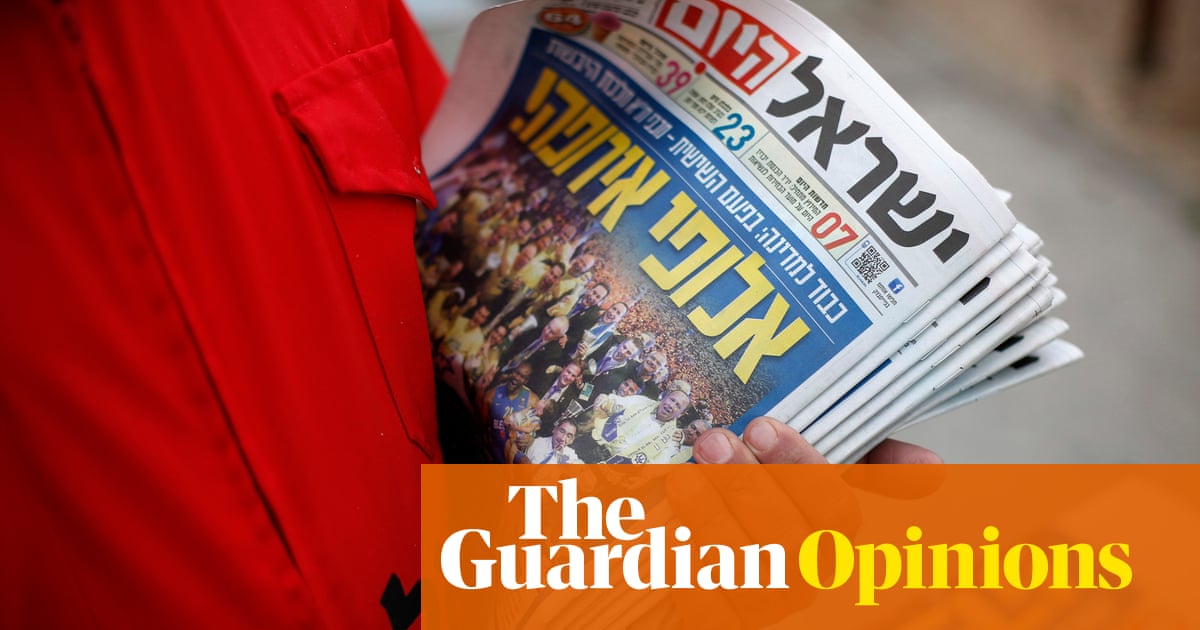
Russian software architect “AA” was one of 17,000 people who fled Russia for Finland last weekend. This was before Finland closed its border with Russia, which was the last direct route from Russia to the European Union. AA told Finnish journalists that Russia was establishing “call-up centres or contact points” on the other side of the border, preventing people from leaving and funnelling them into the armed forces. Apparently, no authority on either side of the borders between Russia and the EU is now interested in the fate of ordinary Russians who refuse to fight in the criminal invasion of Ukraine.
Other EU countries bordering Russia have also recently closed their eastern borders and suspended Russian tourist visas. Certain countries have explicitly said that they will not recognise Russians fleeing conscription as refugees, with Estonian foreign minister Urmas Reinsalu telling Reuters in September: “A refusal to fulfil one’s civic duty in Russia or a desire to do so does not constitute sufficient grounds for being granted asylum in another country”.
From the perspective of international refugee law, this statement does not really fly. While each state does have its own laws on asylum, which specify who can be afforded refugee status, all these states are parties to the 1951 refugee convention, and so have committed to adhere to its definition of a refugee. For those fleeing a military draft for a war that is considered unlawful under international law, two conditions are key: first, a person must have a well-founded fear of being persecuted, and second, this feared persecution would take place because of the person’s political objection to the war (or other grounds listed in the convention). “Persecution” is established if the individual is at risk of threat to life or freedom.
Since evading the current military draft in Russia can lead to prosecution and up to 10 years’ imprisonment and other types of persecution, the first condition does apply to many people fleeing Russia to avoid conscription. Since lots of people are evading the draft because they do not support the illegal war in Ukraine, this potential persecution is linked to their political objection, meaning they fulfil the second condition too. While political indifference to the war or a mere interest in self-preservation would not protect people under the convention, these genuine political or conscientious justifications would. Therefore, any wholesale attempt to rule out the refugeehood of those fleeing Russian conscription is likely to violate the refugee convention (and EU law).
This is the legal side of the story. But sweeping statements made recently by leaders are not primarily concerned with strict legal conformity. History is full of examples of blanket improvised redefinitions of “refugees” based on prevailing governmental preferences within international politics. For example, people who have revolted against imperial rule in colonies have been continually labelled as “deportees” rather than refugees.
The current arguments against fleeing Russians in the Baltic states are partly centred around security concerns, and partly fuelled by the notion that Russians bear some collective responsibility for sustaining Putin’s regime. Therefore, we expect Russians to stay and resist the authoritarian regime, even though we do not ask refugees from North Korea or Iraq why they did not become dissidents. Intellectually, refugee law centres the notion of fear of persecution, and so does not expect people to revolt against their government before leaving for a safe country. The Baltic states, hoping that Russians would boycott the draft rather than flee it, seem to forget that many communist regimes before the fall of the Soviet Union were sustained by longstanding silent tolerance by the majority, however unpleasant and suffocating this could be. People were scared, and communication between themselves and with the west was inhibited.
Each oppressive regime collapses in its own time. But citizens of authoritarian regimes need to know they can rely on external support to build a resistance. How can Russians believe in such support? For decades, Czechoslovakian people (failed by western superpowers at the outset of the second world war) felt that they could not rely on international support for their revolution. Instead, establishing dissident structures abroad – journalists and political activists translating western news and facilitating access to foreign information – was key to galvanising resistance. Although many people in the west today hope that a homegrown resistance in Russia will solve the current crisis, ordinary Russians can hardly be blamed for not curbing the Russian war. People in authoritarian regimes are usually unlikely to choose a moment of extraordinary militarisation as a convenient time for civil disobedience.
The choice not to recognise Russians as refugees is a political one, and may not comply with international law. Accordingly, many western European governments continue to accept Russian applications for refuge. The implemented national bans on visas are, however, effectively limiting the number of asylum applications, and therefore the number of potential appeals to courts. The extraordinary moral demands imposed on Russians by certain politicians are largely informed by how the Russian regime is perceived – as an equal contender to western power, unlike other authoritarian regimes around the world.
The argument that Russians are responsible for resisting the draft at home lies behind neighbouring governments’ proclamations about the ineligibility of Russians to become refugees. These are informed by political and security reasoning. By legitimising the potential blanket exclusion of Russian refugee applications and demeaning ordinary Russians who refuse to join a criminal invasion, these governments shift focus from the real causes of the war.
Nicole Stybnarova is a lecturer in public international law and refugee law at the Refugee Studies Centre at the University of Oxford












